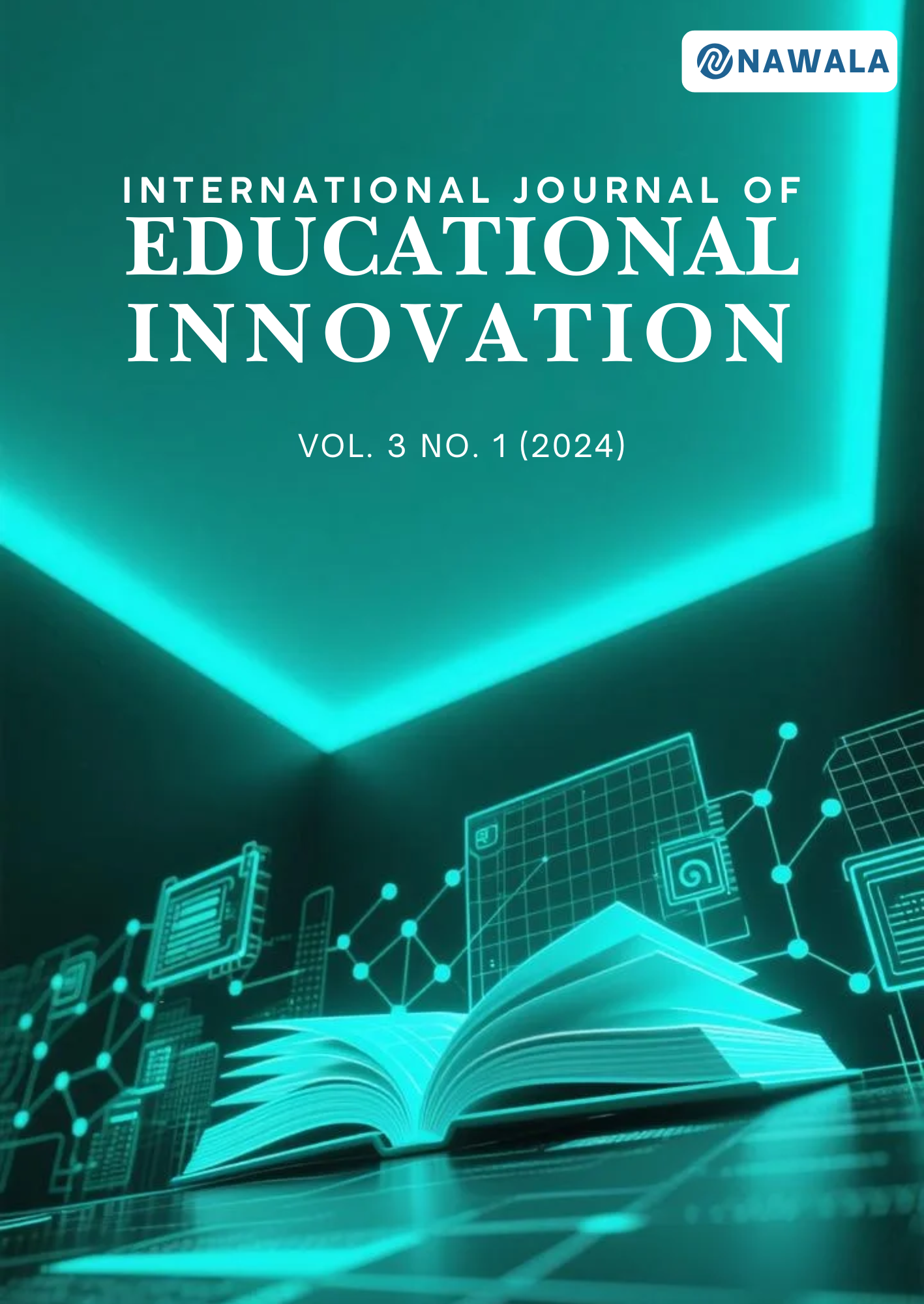Integrating Participatory Leadership for More Adaptive and Inclusive Education
Keywords:
Collaborative Management, Educational Adaptation, Inclusive Education, Institutional Innovation, Participative LeadershipAbstract
Education in the current era of globalization and technological acceleration requires leadership that is not only adaptive but also inclusive and collaborative. Participative leadership emerges as a strategic approach because it involves teachers, students, parents, and the community in shaping institutional policies and practices. The purpose of this study is to analyze how participative leadership contributes to strengthening adaptability and inclusivity in education. This research applied a qualitative method through a systematic review of fifteen international peer-reviewed journals published between 2019 and 2023. Data were analyzed thematically to identify patterns of leadership practices, their impact on institutional resilience, and their role in promoting equitable access to learning. The findings show that participative leadership enhances responsiveness to change, supports inclusive learning environments, encourages innovation from the grassroots, and fosters collaboration across stakeholders. At the same time, several challenges remain, including structural rigidity, hierarchical cultures, and limited leadership competencies. The study concludes that participative leadership should be viewed not merely as a managerial technique but as a transformative framework capable of driving long-term educational reform and building systems that are democratic, equitable, and sustainable.





